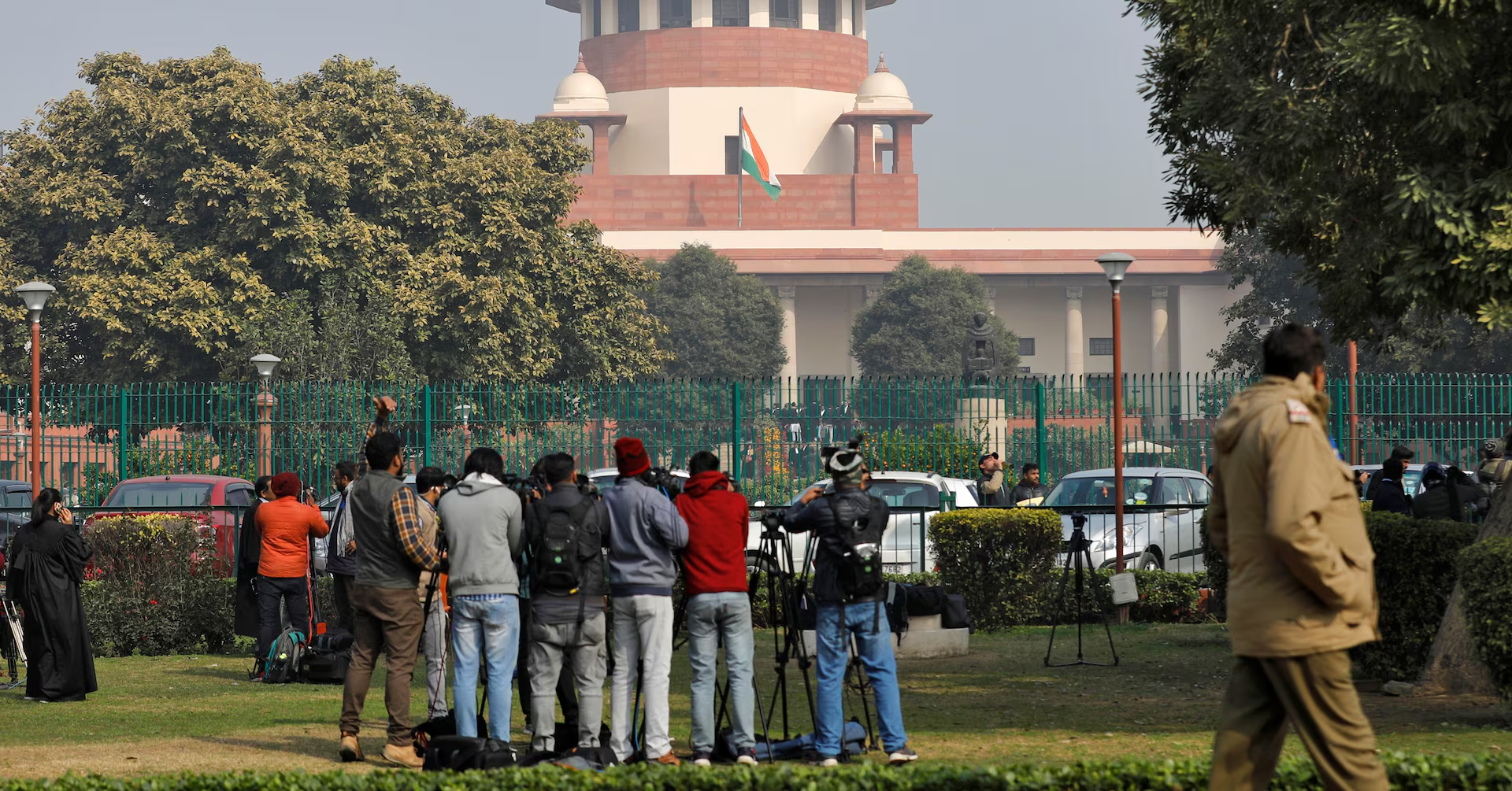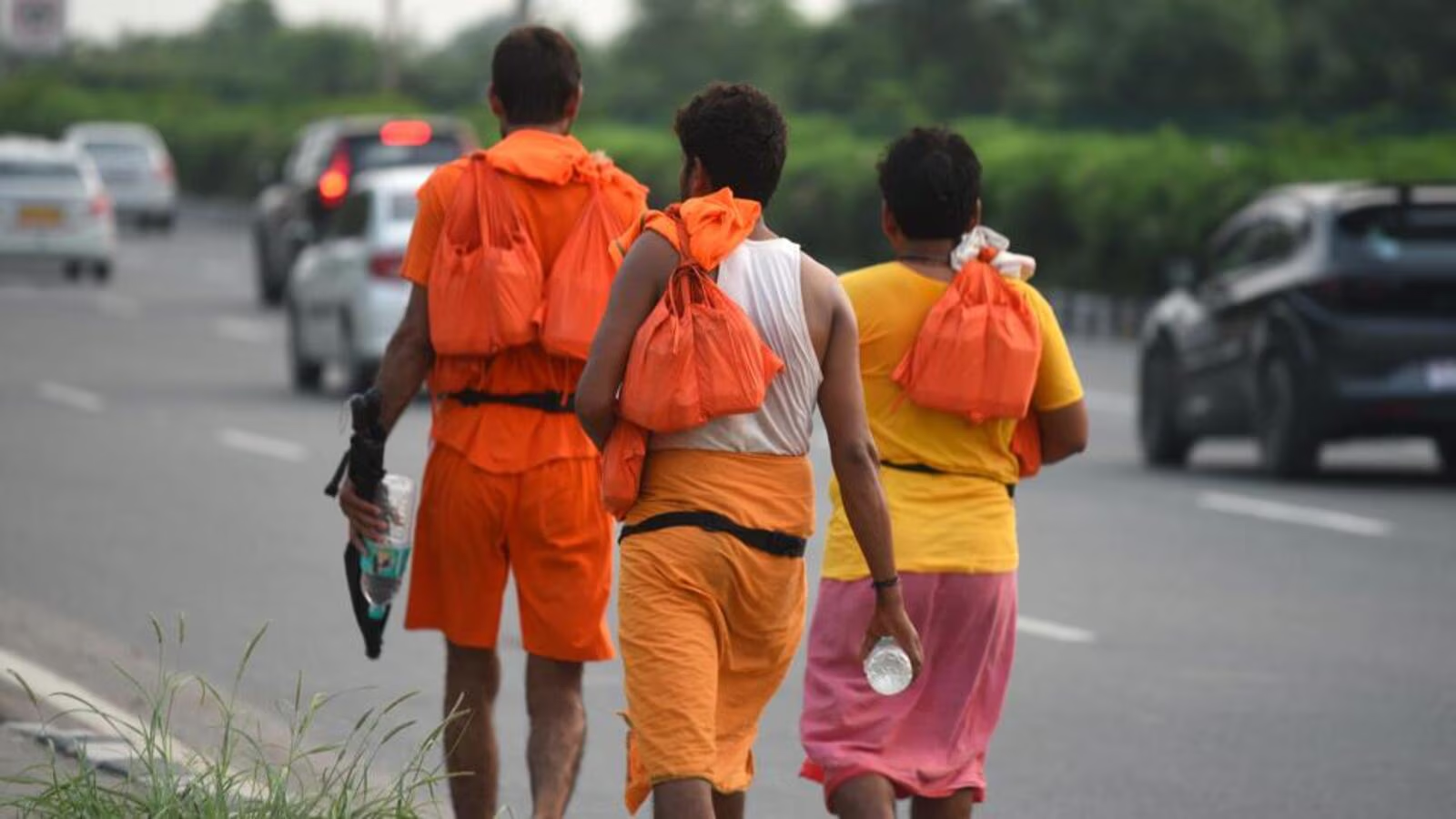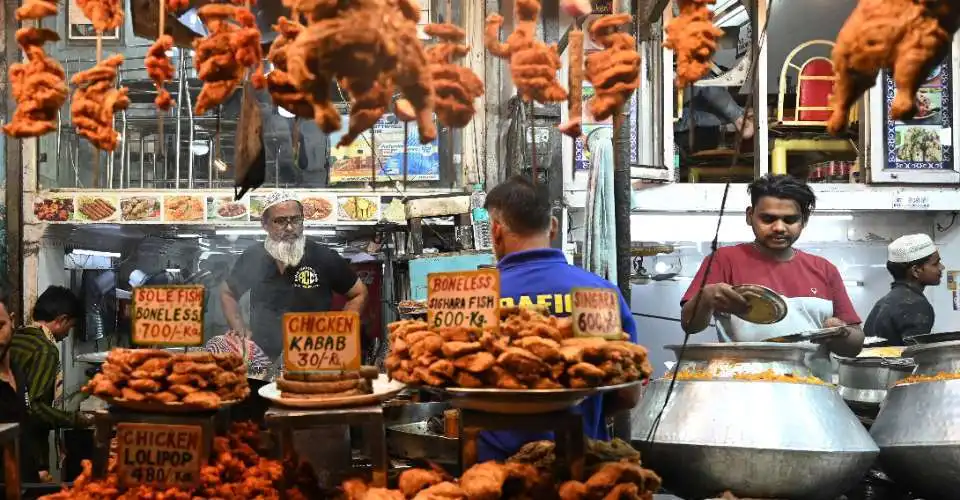India’s Supreme Court has temporarily halted a contentious order requiring restaurants along the route of an annual Hindu pilgrimage to display the names of their owners and operators. This order, issued by the states of Uttar Pradesh and Uttarakhand—both governed by the Bharatiya Janata Party (BJP)—was intended to take effect ahead of the Kanwar Yatra, which commenced on Monday.

Opposition parties and even some BJP allies criticized the directive, arguing that it targeted Muslim-owned establishments and could adversely impact livelihoods. State authorities defended the order, claiming it was a measure to maintain law and order. However, on Monday, the Supreme Court temporarily paused the order while hearing a series of petitions challenging it. The judges stated that the eateries would only need to display the names of the items they served.
The petitions, filed by civil society activists and opposition MP Mahua Moitra, contended that the orders were “discriminatory on grounds of religion” and would further the cause of untouchability, which is outlawed in India.

What is the Controversy?
The controversy began when authorities in Uttar Pradesh’s Muzaffarnagar and Saharanpur districts issued directives to eateries along the pilgrimage route to display their owners’ names to prevent “confusion” among devotees, who avoid meat and alcohol during the pilgrimage.
The Kanwar Yatra, which takes place during the Hindu holy month of Sawan, sees devotees of the Hindu god Shiva traveling on foot, sometimes for days or weeks, to various pilgrimage sites along the holy Ganges river to collect water and offer it to Shiva.
The pilgrimage attracts young men who pass through states such as Uttar Pradesh, Uttarakhand, Bihar, Haryana, Delhi, and Rajasthan on their journey.

Traffic restrictions are usually in place, and police are deployed to maintain order. Despite these measures, clashes have been reported in recent years as a result of tensions between the devotees and local communities.
Authorities claimed the order was meant to maintain law and order by preventing misunderstandings among pilgrims. However, the directive was perceived as targeting Muslim-owned establishments, thereby fueling religious discrimination.
The Supreme Court’s intervention followed widespread criticism from various political parties and civil society organizations, which argued that the order was an infringement on personal liberties and could exacerbate communal tensions.
The court’s decision to temporarily halt the directive was welcomed by critics, who viewed it as a move to uphold secularism and protect the rights of minority communities.
The issue has sparked a broader debate about religious freedom, discrimination, and the role of the state in regulating religious practices. The Supreme Court is expected to review the case further, considering the arguments from both sides before making a final ruling.
Credit: bbc.com



